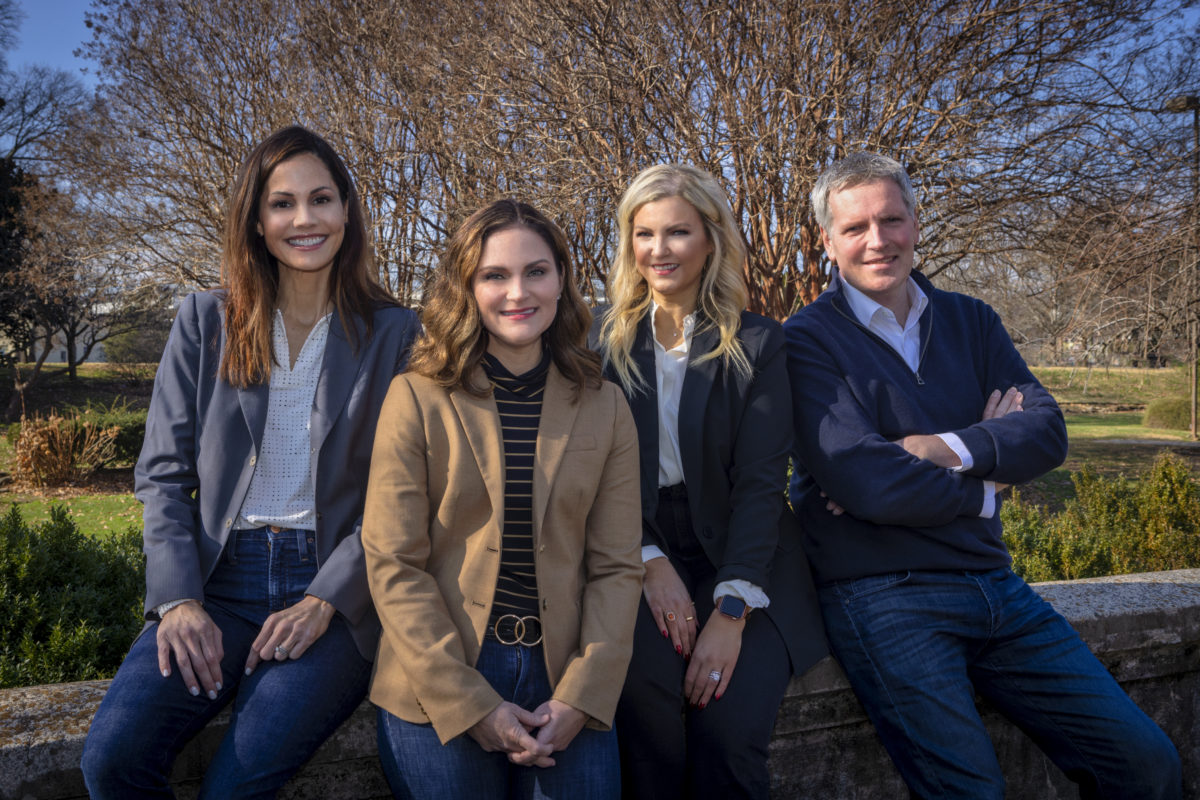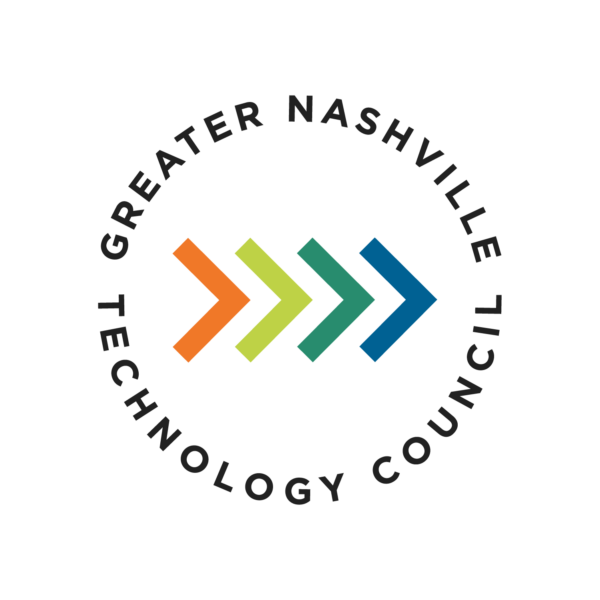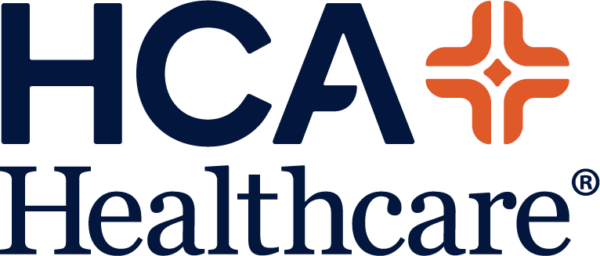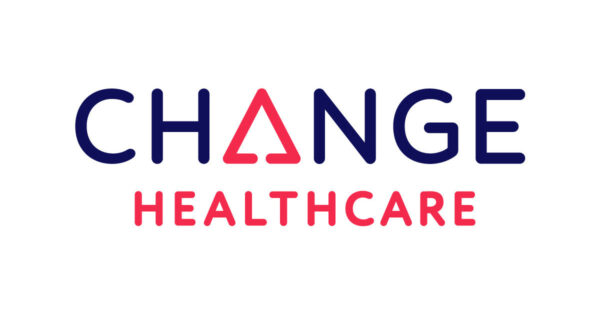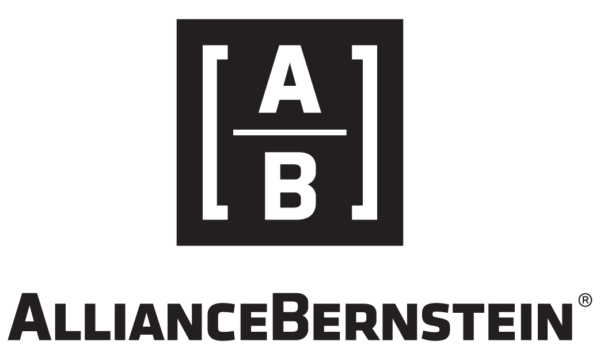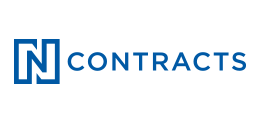Artificial intelligence (AI) and automation can be a winning combination for healthtech companies. However, an understanding of human psychology and context must also factor into the equation when steering patients to better health decisions.
Nashville healthtech company Lirio is guided by this approach. According to the company’s website, “Lirio’s Precision Nudging technology combines behavioral science with artificial intelligence to move people along their unique journey to better health.”
Lirio’s solution learns from millions of interactions how patients make decisions and what drives them to take action. Informed by this data, Precision Nudging technology enables health professionals to effectively engage patients and encourage health behavior change.
“Nashville Will Always Be Home…”
CEO of Lirio Marten den Haring has been working in the AI space since 2010.
Marten’s journey to Lirio began in 2019. He had just accepted a role as Senior Vice President for Element AI, a well-funded Montreal-based AI startup. At that point, Marten had served as the Chief Product Officer for Nashville’s Digital Reasoning for almost six years. In this role, Marten had worked across AI domains such as natural language processing, computer vision, and machine learning.
However, Marten soon discovered a problem with this plan. Marten felt like Nashville was calling him back home. So, when—after six months in Canada—Marten discovered that Lirio was looking to hire for its Nashville team, he was intrigued. Lirio’s balanced growth and drive to transform healthcare enticed Marten to take the position.
Marten recalls, “Really, I think the key for me as to why we ended up making a U-turn and coming back was the amazing passion that I found when Lirio’s talented leadership team went out and wanted to recruit someone who could help the company realize its vision.
The whole ordeal of packing up, leaving Nashville for Montreal, and then moving right back to Nashville felt surreal for Marten. Nevertheless, Marten was excited to be part of an important mission, to have fun, and to build innovation that others hadn’t created yet.
“I haven’t looked back,” says Marten.
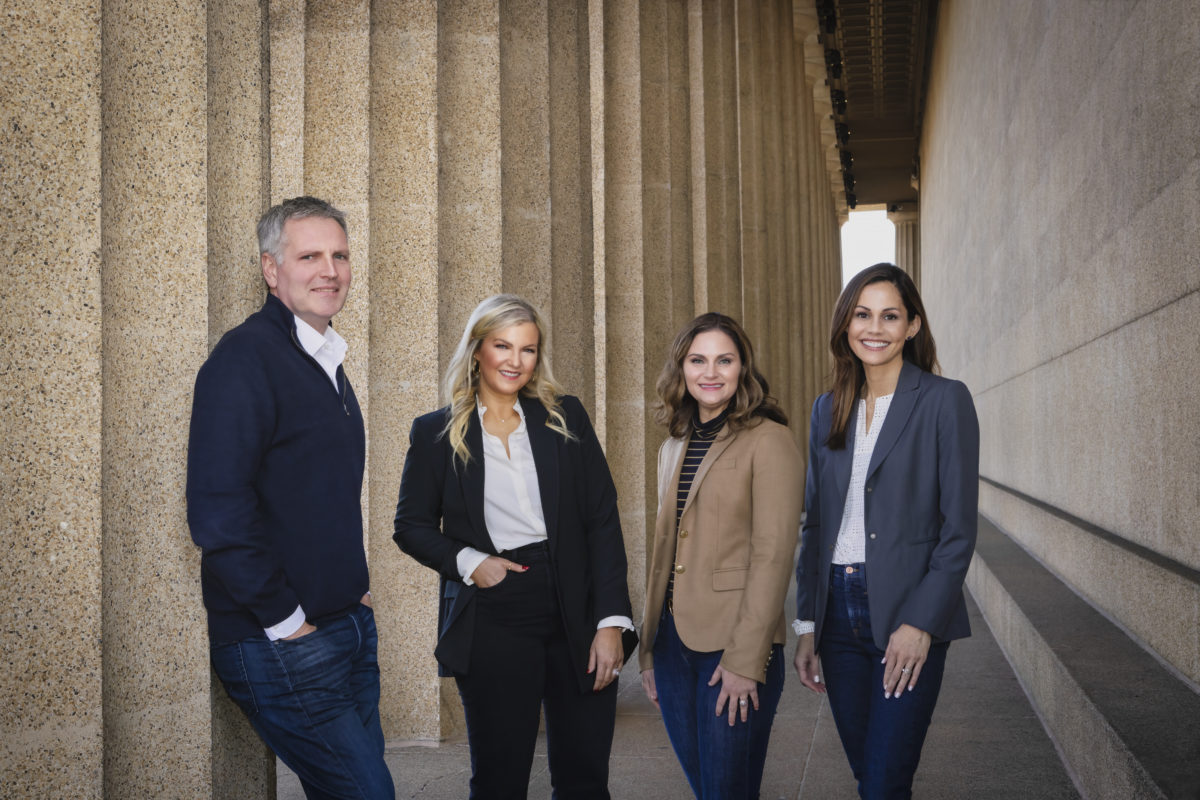
Promoting Good Behavior
Once he accepted the position, Marten unexpectedly became responsible for leading the company through the pandemic. Under normal conditions, Healthtech is a difficult space to navigate. Finding the right business model alone is a huge challenge, as there are so many layers between the patient and the people trying to engage with them. However, COVID-19 brought even more challenges such as big shutdowns in healthcare, investors flocking to digital health, being forced to pivot to virtual sales, and having to hire nearly 40 people without any in-person interviews.
Ultimately, Lirio came out the victor. The pandemic had tested the company’s plans, and the different functional areas of Lirio were now battle-hardened.
“One of the things we did at Digital Reasoning—and that we do now at Lirio—is that we are guided by a purpose to empower people and care for the communities they live in,” Marten adds. “What Lirio does, it’s just downstream from where my work at Digital Reasoning left off.”
Where Lirio differs from Marten’s previous employer is in its use of “reinforcement learning.” This is an area of machine learning where software agents learn to perform sequential actions that maximize rewards in a changing environment. It’s a technology that’s only seen adoption in the last few years. And, to its credit, Lirio seems to be the only company on the market using reinforcement learning to change people’s health behaviors.
“If you want to influence a human being to do something, that’s not a simple task that you can automate,” Marten explains.
Lirio’s system is rooted in the belief that in understanding a patient’s thinking, one can suggest tailored recommendations for patients. Lirio works with healthcare clients to provide tailored behavioral interventions, to the right person at the right time based on their individual context. For example, a healthcare provider might determine that a patient is eligible for a procedure, like a screening colonoscopy. In response, Lirio’s system will communicate with the patient until they’ve either received their colonoscopy or opted out. Based on whether and how the patient interacts with each communication, Lirio’s system determines what intervention content is more likely to be effective in the next one. Once the patient has taken action on their colonoscopy, Lirio can nudge them toward the next recommended health behavior, such as a wellness visit or immunization.
Marten says, “Oftentimes the hard thing when you’re dealing with healthcare is not to identify what actions can help someone lead a healthier life. Rather, it’s getting them to take those actions, because they’re just too busy, they’re worried, or they’re uninformed—whatever the reasons might be. Getting some personalized help to keep you moving along that journey is an important reading of what’s missing in healthcare.”
Truly Listening to the Patient
With every patient interaction, Lirio is able to learn more about an individual. For example, people who are “too busy” might put off getting a COVID-19 vaccine booster shot. Lirio may nudge that specific patient by outlining a few simple steps required to schedule their appointment at a convenient time and location. Lirio learns about each person’s unique barriers, and tries to meet patients where they are.
Lirio has grown to nearly 80 employees. As a company positioned at the intersection of behavioral science and healthtech, Marten says that Lirio’s employees come from multiple disciplines. There are 13 people with doctorate degrees working for the company, and many more with masters-level education. Scientists and technologists work together in an agile joint research and development process. Lirio employees refer to this as “The Factory.” This collaborative process has been central to Lirio’s success. It’s one of the many things Marten brought to Lirio when he came onboard.
“There’s this beautiful tapestry of people with very different backgrounds who all come together to collaborate on a daily basis,” Marten says. “They work not in silos, but across disciplines while trying to solve complex problems that have a real and measurable impact.”
With the understanding that software developers, machine learning engineers, data scientists, and behavioral scientists are all “technical workers,” the company’s technical workforce is around 70 percent of its talent. Marten explains that the company culture was shaped unintentionally by COVID-19. Everyone became a remote worker overnight. But through this, a sense of “togetherness” was forged in the pandemic. This mindset has remained a part of the company fabric as Lirio transitioned to a hybrid work environment.
Marten says that the company is looking for employees who share that character of togetherness and can bond over applying modern technologies and data to improve people’s health.
To manage the company’s cloud-native AI platform, Lirio is actively recruiting employees familiar with DevSecOps frameworks and technologies such as Kubernetes.
“It doesn’t really matter if you know Python or you prefer Java…” Marten says. “Something we look for is someone who hasn’t just worked for a SaaS company and has one particular skill. But we want polyglots who have had exposure to different technologies. They should also understand the architecture concepts that we’re working with in cloud computing and distributed systems.” He adds that he puts a premium on people who are obsessed with behavioral design.
Marten says, “You want people who have a passion for building great products, and are totally comfortable working with an evolving tech stack .”
For further information about Lirio, be sure to visit its website and social media.
